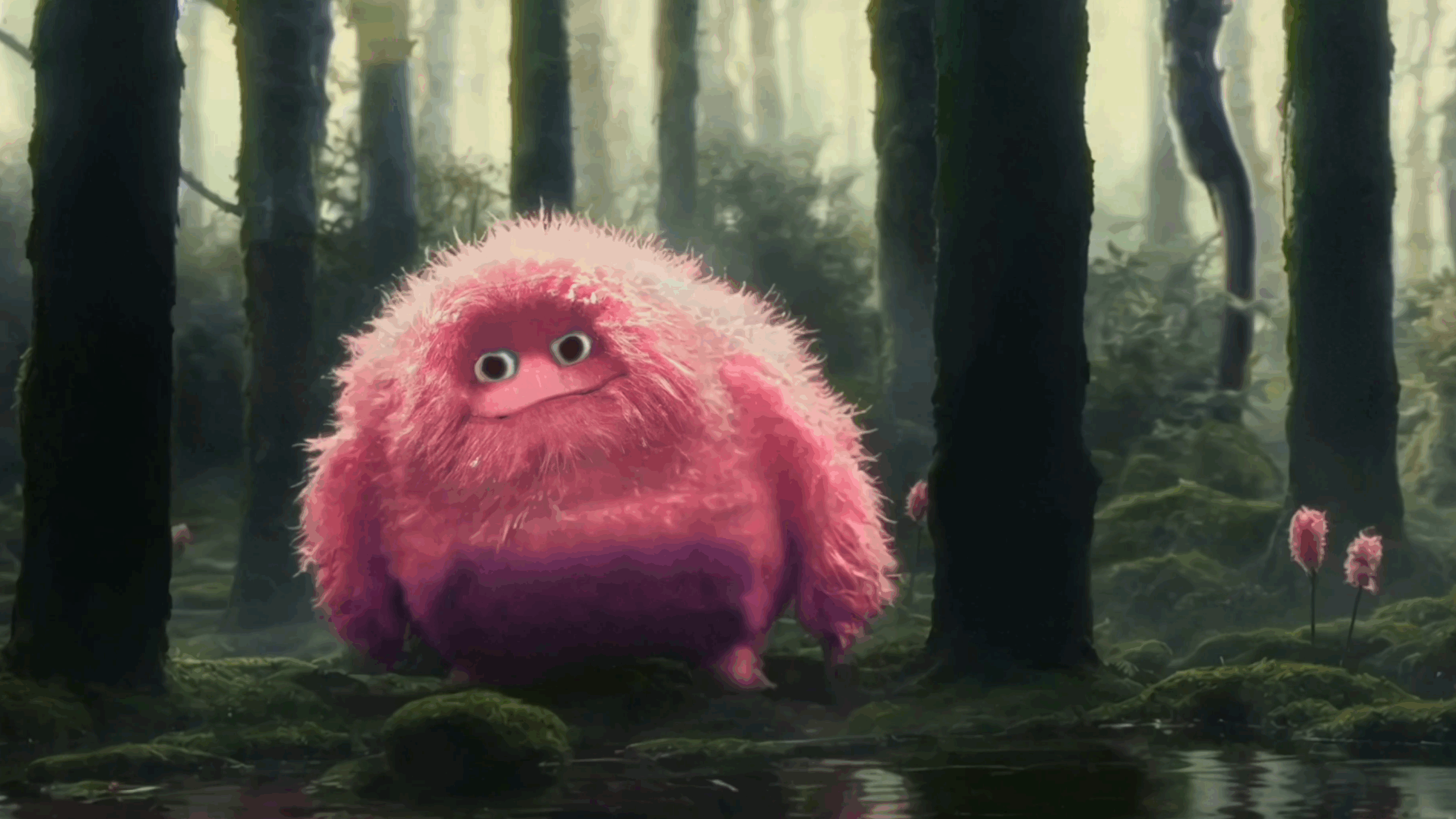OpenAI backs "Critterz" to show generative AI can deliver on the big screen

OpenAI is supporting the production of "Critterz," an animated feature film created with artificial intelligence.
The movie is slated for global release in 2026 and is targeting its premiere at the Cannes Film Festival. The project is designed as a real-world test for generative AI in professional filmmaking, according to The Wall Street Journal.
"Critterz" centers on woodland creatures whose quiet village is disrupted by a mysterious outsider. The project began when Chad Nelson, now a creative advisor at OpenAI, used DALL-E 2 to create early concept art three years ago. Nelson is heading up the film, which is being developed with Vertigo Films (London) and Native Foreign (Los Angeles), with funding from Federation Studios in Paris.
AI streamlines the studio process
The production team plans to finish the film in about nine months, far less than the three years typically needed for animated features. The workflow combines OpenAI's language model GPT-5 with image and video generators like Sora. Human artists provide the initial drawings, which feed into the AI tools, while voice actors bring the characters to life. The budget is set at under $30 million, a fraction of standard industry costs.
Production is already underway, with casting in progress. The team has not yet announced a distribution partner or shared marketing plans.
A strategic showcase for OpenAI
Around 30 people are working on "Critterz," with plans for profit-sharing if the film succeeds. The script includes contributions from writers behind "Paddington in Peru." Because fully AI-generated works can't be copyrighted, the team is deliberately involving human creators to secure legal protection, including voice performances and original artwork.
For OpenAI, the film is a high-profile opportunity to demonstrate that its tools can produce professional results in a full-scale commercial project, not just in demos.
AI replaces studio equipment - in part
The film team aims to reduce the production time to around nine months - significantly faster than the usual three years for animated films. OpenAI's GPT-5 language model and image and video generation models such as Sora are used. Drawings by artists serve as the basis for the AI tools, while human voice actors provide the voices of the characters. The budget is less than 30 million US dollars - a fraction of the usual.
According to James Richardson, co-founder of Vertigo Films, this is an ambitious, massive experiment. Production has already begun and casting is underway. A distribution partner has not yet been found and the team has not yet provided any information on marketing.
Strategic showcase for OpenAI
According to Nelson, the 30 or so employees working on "Critterz" will receive a share of the potential profits. The script was partly written by the team behind the movie "Paddington in Peru". As purely AI-generated content cannot be protected by copyright, the team is deliberately relying on human involvement. According to Nik Kleverov, co-founder of Native Foreign, this increases the likelihood that the film can be protected by copyright - for example through voiceover performances and artistic templates.
For OpenAI, the project is primarily an opportunity to promote its own products and show that the tools can deliver viable results in practice.
AI News Without the Hype – Curated by Humans
As a THE DECODER subscriber, you get ad-free reading, our weekly AI newsletter, the exclusive "AI Radar" Frontier Report 6× per year, access to comments, and our complete archive.
Subscribe nowAI news without the hype
Curated by humans.
- Over 20 percent launch discount.
- Read without distractions – no Google ads.
- Access to comments and community discussions.
- Weekly AI newsletter.
- 6 times a year: “AI Radar” – deep dives on key AI topics.
- Up to 25 % off on KI Pro online events.
- Access to our full ten-year archive.
- Get the latest AI news from The Decoder.